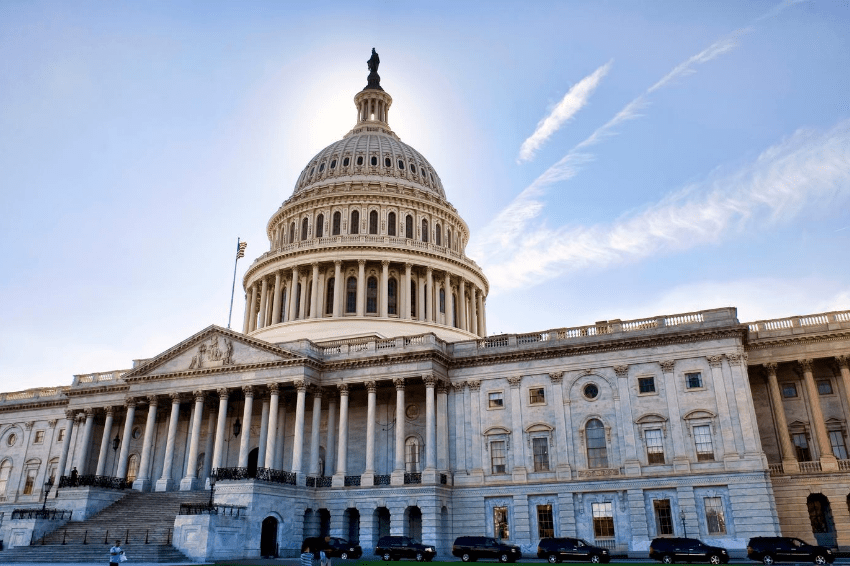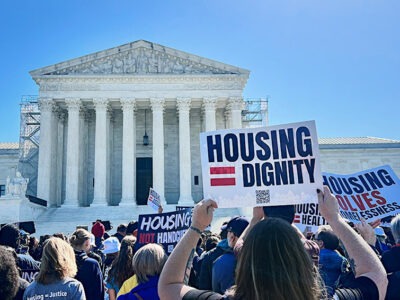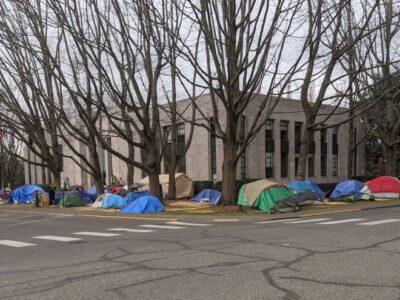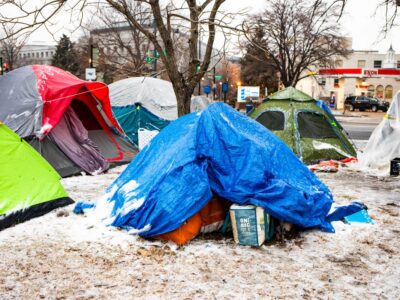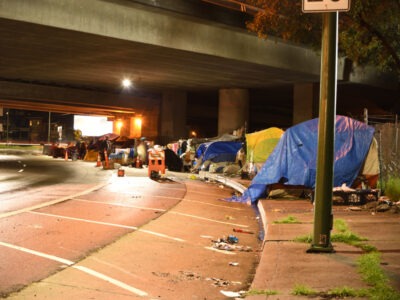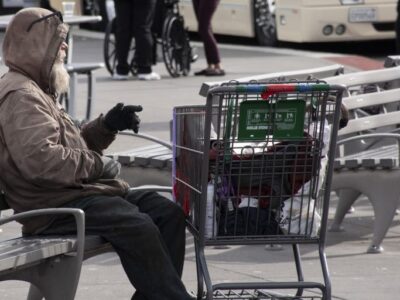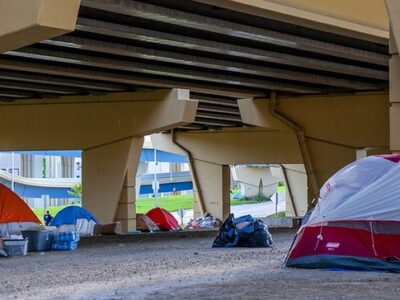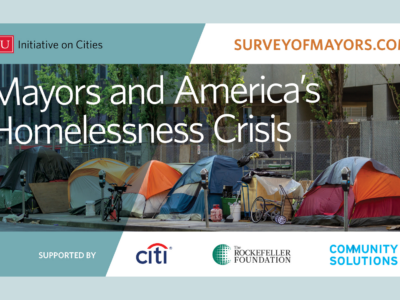Congress returns to Washington, D.C. this week after leaving town in August without providing additional financial resources to address the economic fallout due to the coronavirus pandemic.
Congress has only about 3 weeks to negotiate and pass the next financial relief package before members leave to go out on the campaign trail. They will likely not return until mid-November, after the 2020 election.
Over the past month, Congressional leaders have made little progress to come to an agreement on a fifth coronavirus relief package, including:
- $100 billion for Emergency Rental Assistance and Eviction Prevention
- $11.5 billion for Emergency Solutions Grants (ESG)
We have limited time to act. The devastating impact of the COVID-19 pandemic will leave a lasting imprint on the lives of many Americans and generations to come. The choices that we, as a country, make today will determine whether we can address and prevent some of these harms.
We need Congress to provide critical resources to keep our homeless neighbors safe and to prevent an onslaught of new homelessness. Homeless service providers need funds to continue to find stable housing for those experiencing homelessness, provide safe places for those who need to isolate and quarantine, and protect their staff and those at-risk of contracting and spreading COVID-19.
Without action, the impending housing crisis could leave millions more people homeless— and risk the lives of those who are currently unhoused. Contact your Members of Congress today to make sure they know how dire this situation is and that help must come quickly.
The Public Agrees, Congress Needs to Act NOW
In order to demonstrate public support for additional federal resources, advocates wrote letters to the editor of their local newspaper calling on their Members of Congress to prioritize federal resources to address homelessness.
A poll released in June demonstrated that the public supports Congressional action to address homelessness and housing instability brought about by the COVID-19 pandemic and ensuing economic crisis.
“Coronavirus economy: ‘Congress must take bold action,’”
Seattle Times, Aug. 27
“Government must take bold steps to prevent homelessness,”
Des Moines Register, Aug. 20
CDC Enacts Eviction Moratorium
On September 1, in a historic and unprecedented move, the Centers for Disease Control and Prevention (CDC) issued a broad, national moratorium on evictions until the end of the year to help reduce the spread of the coronavirus. The CDC’s declaration further reaffirms that addressing homelessness is a critical pillar to protecting public health during this global pandemic and that public health and homelessness are locked together in a shared fate.
Starting September 4, this action applies to renters who make less than $99,000 a year (or twice that for those who file jointly) and can demonstrate they lost their job, can’t pay their rent due to the pandemic, and don’t have alternate housing arrangements,
Eviction relief is desperately needed for millions of people who face eviction as a patchwork of local and state soon expire or have already expired, including the CARES Act narrowly-defined eviction moratorium, which expired July 24. The analysis conducted by Dan O’Flaherty demonstrated that homelessness could increase by 40-45% this year if homelessness follows unemployment trends and mitigation efforts are not enacted.
Homelessness has always been a matter of life and death for the people experiencing it. COVID-19 has underscored that it’s a public health crisis for all of us.
During this pandemic, the ability to shelter in place has been key to protecting ourselves and others from the spread of COVID-19. Those who are homeless lack a place to shelter, which puts them not only at higher risk of contracting the coronavirus, but also of spreading it to other vulnerable community members.
We continue to call on Congress to pass a coronavirus funding bill that includes $100 billion for emergency rental assistance and eviction prevention and $11.5 billion for Emergency Solutions Grants (ESG). Combined with the national eviction moratorium, these federal resources would keep the most vulnerable renters stably housed, allow landlords to pay their bills, and maintain housing supply to slow the inflow into homelessness during this perilous time.
